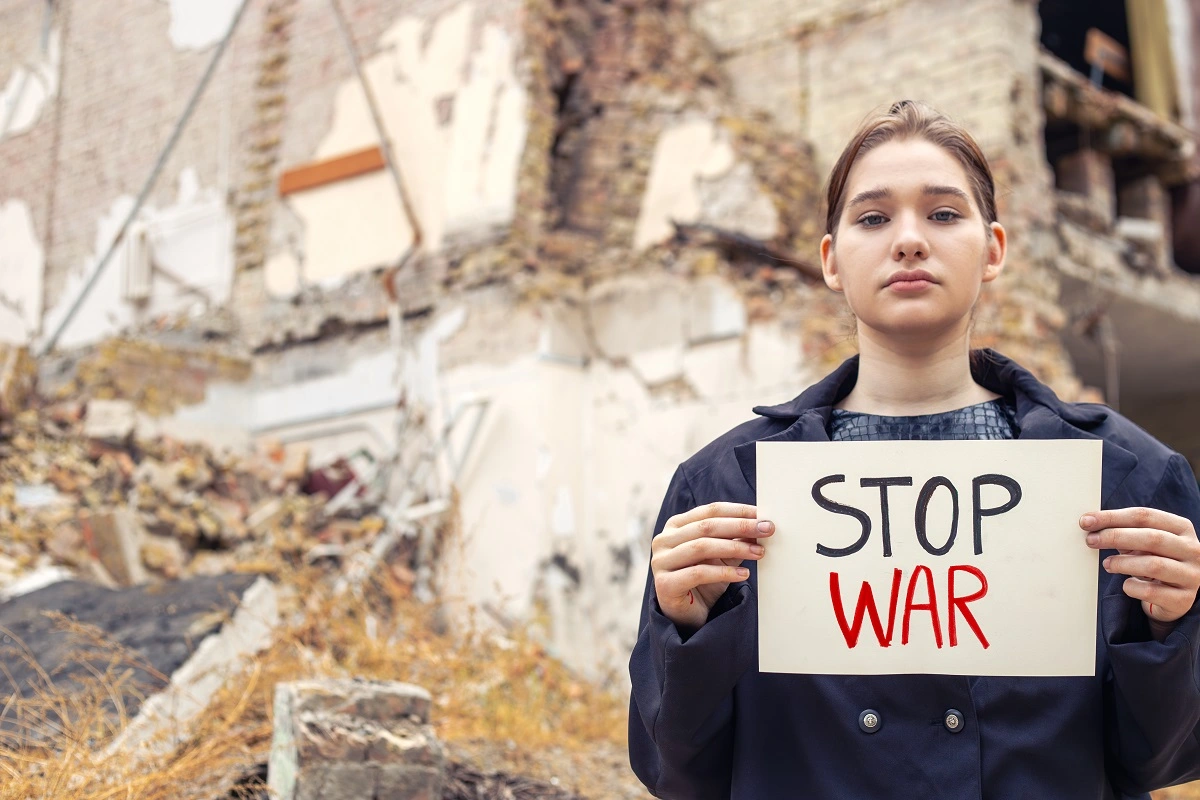The Gaza Strip, a densely populated area on the Mediterranean coast, has long been a flashpoint in the Israeli-Palestinian conflict. Recent months have seen an upsurge in violence in the area, resulting in numerous civilian deaths and a deepening humanitarian crisis. Israel's escalating air strikes have been met with a mix of condemnation, support, and, in some cases, silence from the international community. This article analyses the international response to the killings in Gaza, examining the roles of different actors and their impact on global diplomacy.
Civilian Casualties in Gaza: A Humanitarian Catastrophe
The toll on Gaza's civilians has been devastating. According to reports, 70% of the recent Israeli air strikes have been on women and children. Twenty million people are internally displaced and are living in overcrowded temporary shelters lacking sanitation or clean water.
Israeli Airstrikes: A Controversial Military Strategy
Israel's military strategy in Gaza Killings has been the subject of intense debate. The Israeli government has justified the measure by saying it is necessary to dismantle Hamas and protect its citizens from rocket attacks. But critics argue that the scale and nature of the airstrikes have had a disproportionate impact on civilians and violated international humanitarian law. The United Nations and several human rights groups have condemned the attacks on civilian infrastructure, including hospitals and schools, as a violation of the Geneva Conventions. Israel has responded by saying it has taken steps to minimize civilian casualties and that Hamas operates in civilian areas, complicating military operations.
War Crimes Allegations: International Legal Actions
The international community has taken legal action against the killings in Gaza. In November 2024, the International Criminal Court (ICC) issued arrest warrants against Israeli Prime Minister Benjamin Netanyahu and then-Defense Minister Yoav Galant for war crimes, including using starvation as a means of war and other inhumane acts during the Gaza conflict. This is the first time that an arrest warrant for war crimes has been issued against the leader of a Western-backed democratic country.
In addition, South Africa filed a lawsuit against Israel at the International Court of Justice (ICJ) for committing genocide in Gaza. The ICJ found the accusations valid and issued provisional measures ordering Israel to cease acts contrary to the 1948 Genocide Convention. However, the court did not order an immediate halt to Israeli military operations.
Humanitarian Crisis in Gaza: A Global Responsibility
The humanitarian situation in the Gaza Strip has reached an alarming level. The Israeli blockade has severely restricted the flow of essential goods and services, further exacerbating the crisis. International organizations call for unrestricted access to aid supplies, but political and logistical challenges hamper relief efforts. The United Nations has condemned the aid plan as coercive and warned that supplies could run out in a matter of days. Countries such as Spain have offered to help, and the Spanish government has announced it will donate €500,000 to the United Nations to investigate alleged war crimes in the Gaza Strip. Spain has also called on Israel to lift the blockade and allow humanitarian aid to reach those in need.
Palestinian Resistance Groups: A Complex Dynamic
Palestinian resistance groups, including Hamas and Islamic Jihad, have played a key role in the conflict. These forces claim their actions are a legitimate response to Israeli occupation and aggression. However, their tactics, including rocket attacks against Israeli civilians, have been widely condemned as a violation of international law. The presence of these forces in civilian areas complicates the situation. Their actions often lead to retaliatory attacks by Israel that target non-combatants.
International Reactions: A Divided Response
The international community's reaction to the killings in Gaza Killings has been mixed.
United Nations: The United Nations has condemned the violence on both sides and called for an immediate ceasefire. It also highlighted the devastating impact on civilians and the need for accountability.
European Union: The EU expressed concern about the humanitarian situation and called on Israel to respect international law. However, some Member States have been criticized for not taking more decisive action against Israeli policies.
United States: While the United States has reiterated Israel's right to self-defense, it has urged restraint to minimize civilian casualties. President Donald Trump's upcoming visit to the region is seen as a potential opportunity to seal a hostage deal with Hamas.
Arab and Muslim-majority Countries: Countries such as Pakistan, Egypt, and Saudi Arabia, as well as member states of the Organization of Islamic Cooperation (OIC), have condemned Israel's actions as war crimes and called for international intervention to protect Palestinian civilians.
Conclusion: The Need for a Unified Global Response
The killings in Gaza highlight the urgent need for a united and effective international response. While some countries have begun responding to the humanitarian crisis and holding those responsible accountable, others have remained silent or provided limited support. The international community must prioritize the protection of civilians and respect international law. The death toll from the violence in Gaza Killings has surpassed 64,000, highlighting the dire situation of people caught in a relentless conflict amid growing accusations of genocide against the Israeli government.




